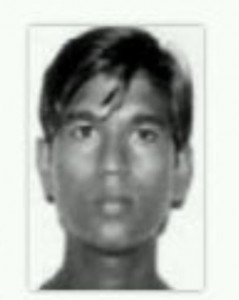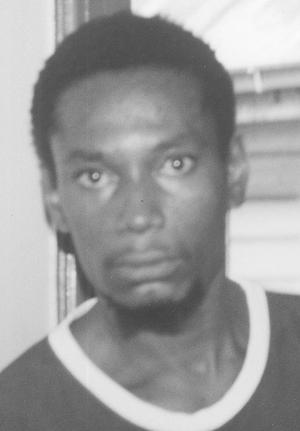A weak government cannot fight crime
Dear Editor,
The newly reported statistics on cold homicide cases in Guyana raise new concerns about the effectiveness of the strategies of the Minister of Home Affairs in the fight against crime and violence. It was startling to learn that more than 130 homicides were committed in Guyana last year and that more than a third of these cases have gone “cold” or have not been solved. By any analysis, the statistics are clearly troubling. They indicate that the Mr. Rohee has lost the fight against crime. The case, however, could also be made that the regime has also lost the fight against several other ills in the society, such as the 50 per cent unemployment among the youth population, a deteriorating health service, a sputtering education system, a screeching legal system and a failing university—so why we single out the fight against crime? We do because it is historically accepted that the primary purpose of any government is to prevent crime and any related dangers to its citizens. In other words, this government is irrelevant if it cannot protect its citizens who are at the mercy of the criminals and gangs. If we accept that the protection of citizens is the prime purpose of government, then we must conclude that given our perilously high homicide rate over the last five years the Minister of Home Affairs has been a major let-down and a complete failure to the citizens. In business, when a company involved in several endeavors senses that it is failing at its core functions, it is generally expected to retreat from non-core activities in favour of defending its core business. While a country is not a company, commonsense would suggest that Government adopt the same generic approach. That would mean that the Minister of Home Affairs should retreat from non-governmental activities and focus on solving crime and the protection of the citizens of Guyana. This raises the contentious and highly debated matter of what is the most pressing issue facing the Government at any point in time. Quite often the discussions are misguided, with the debaters confusing cause and effect issues. We then end up with recommendations for solutions that involve tackling the effects, but the causes are left unattended. This outcome is commonplace in Guyana and the Minister of Home Affairs is notorious for not thinking things through. There is enough evidence to posit here that the biggest problem facing Guyana is crime and violence and this has resulted from a weak and incompetent government. We have examined a real socio-economic issue that has bedeviled Guyana for many years — that of high unemployment. Local businesses seem neither willing nor able to invest at the level required to significantly impact this problem. It would appear, therefore, that investment capital must come predominantly from abroad by way of foreign direct investment to achieve any meaningful improvement in unemployment. The question is, what is the likelihood of that inflow of capital to take place when the country is known to be crime-ridden? The simple answer is little to none. This means Guyana will not likely achieve economic growth and development under circumstances of high crime rates. The first step to tackle the crime problem in Guyana is a strong government. A weak government cannot fortify a justice system and solve crime. How comfortable would the people feel if their designated protector is weaker than the entity against whom they are being protected? When we hear the Minister of Home Affairs repeatedly attributing responsibility to the citizens to fight crime it convinces us how inept he is. The citizens will be reluctant to discharge their civic duty in any fight against crime as long as they believe that the Government is weak, relative to the criminals. When there is evidence of a strategy by the Minister of Home Affairs to fight, prevent or minimize crime, criminals will be discouraged, the citizens will be assured, and they will go enthusiastically about their business to work hard, accumulate wealth and will willingly testify against the criminals. Regards, Dr. Asquith Rose and Harish S. Singh.




 Remember this one - his name was TROY DICK from the Shawn Brown Gang. Now he is 100% afro-Guyanese.
Remember this one - his name was TROY DICK from the Shawn Brown Gang. Now he is 100% afro-Guyanese.